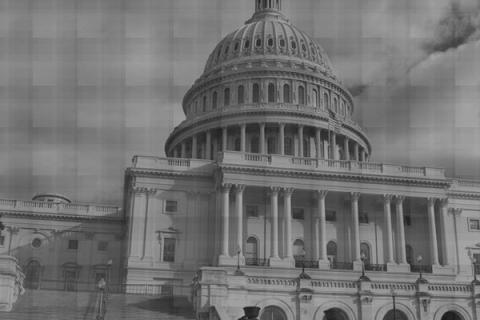In Rachel Maddow’s new book, “Drift: the Unmooring of American Military Power” (which we reported on here), she notes that an important inflexion point for the United States came when Lyndon Johnson chose not to call up the Guard and Reserves to serve in Vietnam. LBJ believed that calling up the Reserves would have triggered deep concerns throughout the country with America’s policy in Vietnam, and he wanted to avoid the ramifications of such concerns.
As time went on, Presidents have sought more and more ways to cloud their actions from the general public. Today we have a different type of military, but a similar desire to keep the public in a fog of indifference over our wars. The all-volunteer military eliminated the shared sacrifice that was the draft. The Guard and Reserves are no longer the bastions of safety for young people who don’t want to serve. And the costs of war are almost totally hidden from view through clandestine or nonexistent budgeting for the conflicts.
With the loss of this sense of shared sacrifice comes the loss of concern for going to war by the general public. What we can’t feel as a nation, we don’t care about as a nation. Hence the war in Afghanistan has dragged on longer than any other U.S. conflict but only recently has begun to raise the public ire.
Critical to this cloaking strategy by Presidents since Johnson is the hidden cost of our military adventurism and its impact on the federal deficit. Depending on how you read the numbers, the military budget can range to as high as 54 percent of total federal expenditures (that’s the percent you reach when you include the costs of veterans benefits). It dwarfs all other costs. Yet many would portray our deficit as mainly the fault of “welfare queens,” social security and Medicare, and federal departments like Education and Housing and Urban Development.
The real welfare state is the series of countries that we prop up through our military and then try to re-build in our image. We are willing to construct schools and hospitals for these so-called allies in far-flung locations, but want to cut similar costs out of our domestic spending. This is hypocrisy of the highest order. It is also anachronistic thinking, because most of the reasons for all the propping up were directly related to our cold-war competitive stance vis-à-vis the old Soviet Union. Today’s non-statist enemies don’t respond to dangling billions in foreign and military aid before them. They’re happy to take our money, but they’ll never be our friends. Yet we continue to dangle the dollars, putting ourselves deeper into debt.
So now this President (who has not stopped the financial bloodbath of foreign intervention) seeks to share some of the burden through the Buffett Rule, and the push-back is voluminous because the wealthy own the biggest megaphones. For the most part, the wealthy do not serve in these military adventures, and neither do they want to pay for them. So the poor and the weak of the country pay the price.
I don’t even care if the Buffett Rule brings only a pittance back into the federal coffers, I just want some fairness. I want the rich to carry their fair share of the burden. Then, perhaps, they’ll begin to stand up against the real insult to our national treasury – the cost of military expenditures when the nation remains on a full time war footing.

